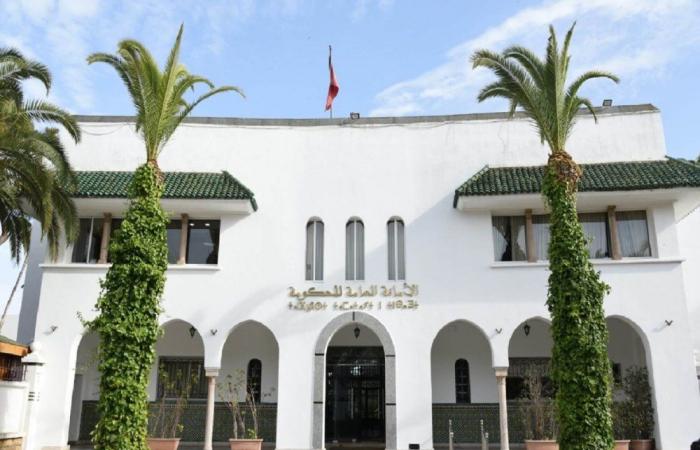The closing ceremony of International Forum of general Secretariats of Governments In Conakry had a particular flavor for the Moroccan delegation on April 11, 2025. The kingdom had just been appointed vice-president of this new body, alongside Chad, while Guinea will assume the presidency for the next two years.
International recognition for the Moroccan SGG
The first international forum of general secretarials of governments, which took place from April 8 to 11 in the Republic of Guinea, enabled the fourteen participating delegations to share their experiences and good practices in terms of governance. According to the press release Ffthis first edition aimed at “strengthening intergovernmental collaboration and developing innovative solutions adapted to the challenges of modern governance”. The election of Morocco to the vice-presidency testifies to the international recognition of the work accomplished by the General Secretariat of the Government of the kingdom. During the official ceremony, the Guinean Prime Minister particularly praised “the inspiring and particular example of the Kingdom of Morocco as an African country which has developed in record time”, citing in particular the realization of the Tangier-Med port complex as a symbol of this success.
The “Conakry Declaration”: a framework for the future
The three days of exchanges led to the adoption of the “Conakry declaration”initialed by the heads of delegations in the presence of the president of the National Transitional Council and the Guinean Prime Minister. This founding document insists on “the importance of strengthening cooperation between these key ministerial departments, in order to consolidate their capacities for better assistance to other government institutions”, said the press release.
To materialize this ambition, the participants agreed to institutionalize the International SGG Forum and to establish a permanent network of the general secretaries of governments, whose rotating office was unanimously appointed for the period 2025-2027. This new structure will intensify the exchange of expertise and to promote the harmonization of administrative practices between participating countries, thus contributing to the strengthening of the rule of law and the improvement of public governance on an international level.








